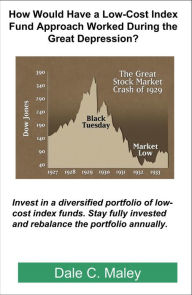Basics of Marketing
Markets vary in size, range, geographic scale, location, types and variety of human communities, as well as the types of goods and services traded. Some examples include local farmers' markets held in town squares or parking lots, shopping centres an...
Read more
Markets vary in size, range, geographic scale, location, types and variety of human communities, as well as the types of goods and services traded. Some examples include local farmers' markets held in town squares or parking lots, shopping centres and shopping malls, international currency and commodity markets, legally created markets such as for pollution permits, and illegal markets such as the market for illicit drugs. In mainstream economics, the concept of a market is any structure that allows buyers and sellers to exchange any type of goods, services and information. The exchange of goods or services for money is a transaction. Some functions are performed by manufacturers, others by marketing intermediaries like wholesalers and retailers. Buying and selling, the first two functions represent exchange functions. Transporting and storing are physical distribution functions. The final four marketing functions- standardizing and grading, financing, risk taking and securing market information - are often called facilitating functions because they assist the marketer in performing the exchange and physical distribution functions. This book provides deep insight to various dimensions of issues relating to the subject.
Less





























